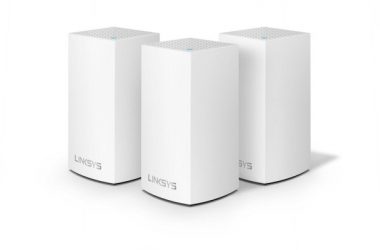
In a report likely to make IT administrators tear out their hair, most users still rely on easy passwords, some as simple as "123456," to access their accounts.
A report released today by database security vendor Imperva Inc. serves as another reminder of why IT administrators need to enforce strong password policies on enterprise applications and systems.
Imperva’s report is based on an analysis of 32 million passwords that were exposed in a recent database intrusion at RockYou Inc., a developer of several popular Facebook applications. The passwords, which belonged to users who had registered with RockYou, had been stored by the company in clear text on the compromised database. The hacker responsible for the intrusion later posted the entire list of 32 million passwords on the Internet.
An analysis of that list provides the latest confirmation that a majority of users still don’t care about the strength of their passwords if they are left to choose them on their own.
According to Imperva, about 30% of the passwords in the hacked list were six characters or smaller, while 60% were passwords created from a limited set of alphanumeric characters. Nearly 50% of the users had used easily guessable names, common slang words, adjacent keyboard keys and consecutive digits as their passwords.
In fact, the most common password among RockYou users was "123456," followed by "12345" and "123456789." The other passwords rounding out the top five were "password" and "iloveyou."
Many of the top 5,000 passwords in the list were identical to those found in password dictionaries, which are used by hackers to brute-force their way into accounts, said Amichai Shulman, chief technology officer at Imperva. On average, a malicious attacker using such a password dictionary would have been able to break into a RockYou account at the rate of roughly one every second using an automated password-guessing tool, he said.
Imperva’s report is by no means the first to highlight the tendency of many people to use easily hackable passwords for online accounts. What sets it apart, however, is the sheer size of the sample that was analyzed for the report. Though the passwords in this case controlled access to a relatively low-value account, previous studies have shown that users tend to use the same password for multiple accounts, including corporate and financial accounts.
The Imperva report comes at a time when malicious attackers are increasingly going after user credentials to break into enterprise networks.
Analysts mixed on whether bankrupt Nortel will live on in some form





